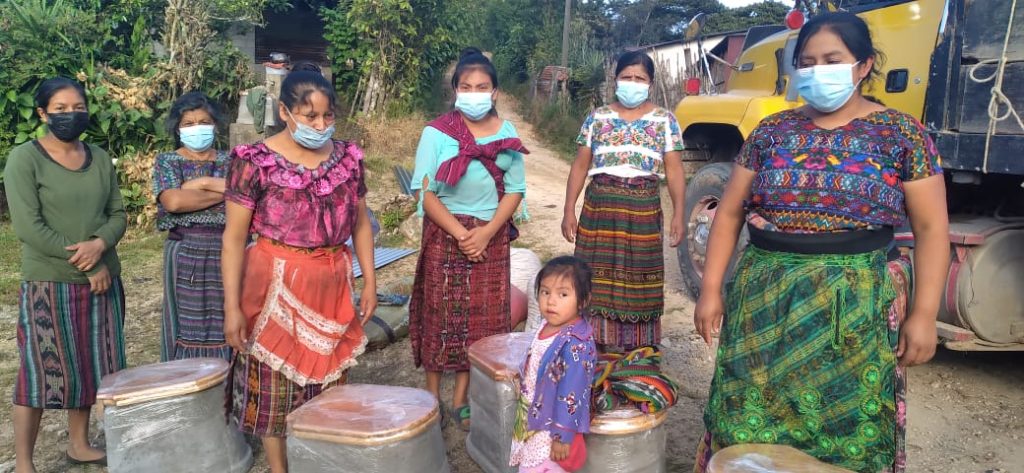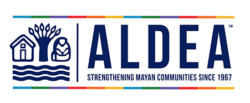Panabajal is a village of 970 families, or approximately 6,110 people. The community was founded in 1925 by 4 families. It is located 5 miles from the municipal seat of San Juan Comalapa. The name “Panabajal” comes from the Kaqchikel “pan ab’äj jal” or “stone corn”, because in the past the area was known for having a plentiful supply of corn and the soil where it was planted is hard. Panabajal has 2 Catholic churches and 10 Evangelical churches; about 60 percent of the population is Catholic and 40 percent is Evangelical. All community members speak the Kaqchikel language, and only 505 can also speak Spanish.
The main productive activity in the village is agriculture, growing broccoli, carrots, sweet peas, potatoes and strawberries. A small percentage also works as bakers, masons, mechanics, tailors or carpenters. Some of the farmers work for big land owners and get around $7 a day.
Panabajal has 2 schools serving 1,108 children from preschool through 6th grade. The community also has a high school where 157 students attend grades 7 through 9. There is a health post in the village, run by a nurse, that offers basic medical attention Monday through Friday. 95 percent of the homes have electricity, and 85 percent of the roads are dirt.

Our Partnership:
ALDEA and ABPD began working with 90 Panabajal families in May 2019 that completed our integrated program in May 2023. Click here to learn more about how we work with our partner communities and visit our blog to stay up to date with the latest developments on the ground in Guatemala!
